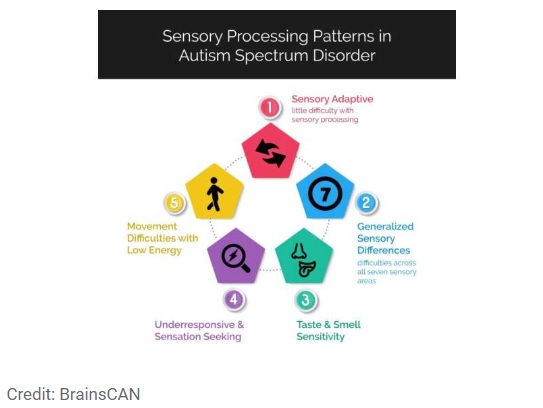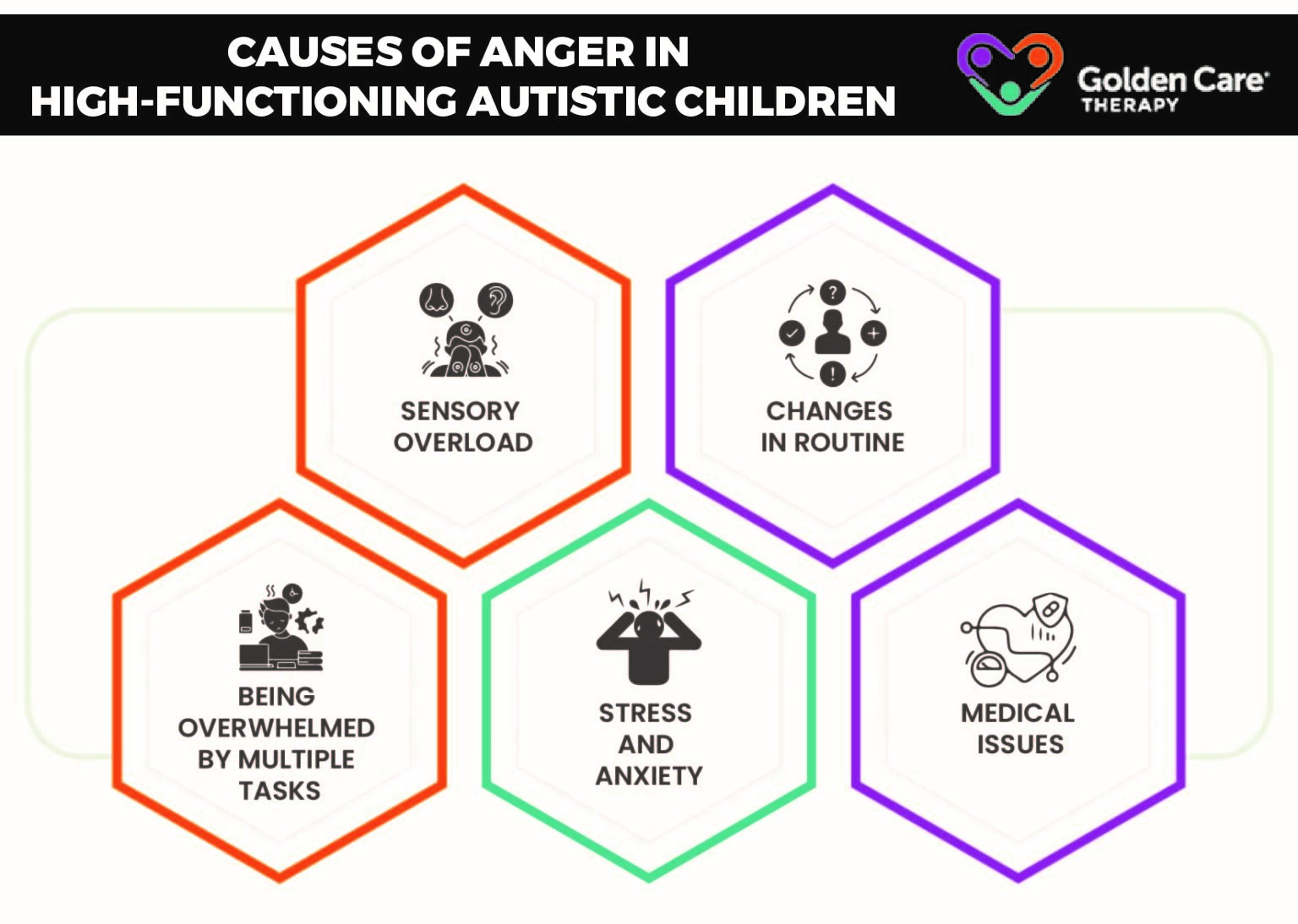Autism And Public School: Think About Your Child's Rights Before Enrolling Them
25th April 2023

Mainstream or inclusive education is educating children with special needs and including them in regular classes for part or an entire school day. As per federal guidelines, children with special needs should be placed in the least restrictive environment which means that they should be allowed to reap the benefits of being with other children.
As a parent of an autistic child, one of the major concerns that circle your head is which school to choose for your child and whether or not you should send your children with autism to a public school. Read on to make an informed decision and choose what is best for your child.
Selecting The Right School
Here are some of the school options for your child that will help you decide where your child should go to:
- Mainstream School
This is a regular school where your child might get all the support from a special educational needs coordinator if required.
- Special School
This is a school only catering to children with special educational needs.
- Residential School
This school allows children to stay overnight and they have proper accommodation facilities as well.
- Independent School
This type of school is also known as the section 41 school and since they are not funded by the local council, you might have to pay the fees yourself.
Teaching Approaches In A Public School

Depending on your child’s abilities and needs, your child might wind up in any of these mainstream classroom settings:
- Neurotypical classrooms without special support
- Neurotypical classrooms with special support
- Part-time special education classroom and regular classroom
- Complete special education classroom
- Specialized autism class with some mainstreaming or inclusion
- Charter school
- Cyber charter school
Most children with autism usually receive some kind of therapy either occupational, speech, or physical therapy in addition to their academic programs. Thus, if your child is capable academically they will be taught the same curriculum as their neurotypical peers. However, if they have moderate to intellectual learning capabilities or have attention challenges they might be taught in special education classes.
Pros And Cons A Guardian Should Consider
Inclusion is meant to show that every student is a valuable member of the school community. Keeping this in mind, here are some pros and cons you should consider before sending your child to regular public schools.

Pros
- Prepares Students For Life Outside The Class
One of the major benefits of mainstream schools is that it prepares your children for life outside the classroom, this includes college and work. Studies have shown that early inclusion of children with special needs in regular classrooms improves their IQ and prepares them for success in life.
- Develops Social Skills
Mainstreaming fosters an environment of friendships and tolerance and it helps autistic children to learn to accept, relate and become friends with children who might seem different from them.
- Builds Cognitive Skills
Placing an autistic child in a regular classroom allows them to interact with neurotypical peers that are essential for their cognitive growth. Research shows that making friendships with students without disabilities improves their attention span and working memory thus promoting social and behavioral outcomes.
- Public School Is Free
As per the instruction of the Individuals with Disabilities Education Act (IDEA), a child with autism must receive a free and public education in the least restrictive environment thus making it mandatory for public schools to offer the right kind of support to these kids.
Cons
- Not A Good Match For Your Child’s Needs
In many public schools, what looks like an adequate educational program at first is not the same when you dive deeper into it. A child with huge behavioral and sensory issues is never going to do well in a regular class and a child with high-functioning autism will not thrive in a classroom filled with profoundly challenged kids.
- Lack Of Preferred Program
You may not always like the autism support program offered by your district. Some districts have an Applied Behavioural Analysis (ABA) program and parents are ready to sue such schools as they find the ABA program uncomfortable and prefer developmental therapies. While others refute the idea of sensory integration facilities as they prefer mainstream neurotypical classrooms.
- Bullying
Autistic children are easy targets for bullying. They behave, sound, and are more different from their peers and often lack social and verbal skills that make it impossible for them to stand up for themselves. This is more prevalent for children with high-functioning autism as they are more sensitive to bullying behaviors.
- Sensory Challenges
Children with autism find the sensory challenges of a typical school upsetting and overwhelming. It is often exhausting for them to spend an entire day in a very loud, crowded, and bright room.
Do Right By Your Child
Autistic children can be accommodated in a lot of different ways and they are radically different from one another. This means that the only way to figure out if your child is going to well in a public school or not is to give it a try. Your child might surprisingly thrive in a public setting before accounting problems or vice versa. But if you really want to understand your child's needs and do what is best for them, consider gathering information through SEN Courses for Parents to stay closely connected with your child’s experience and expectations.

